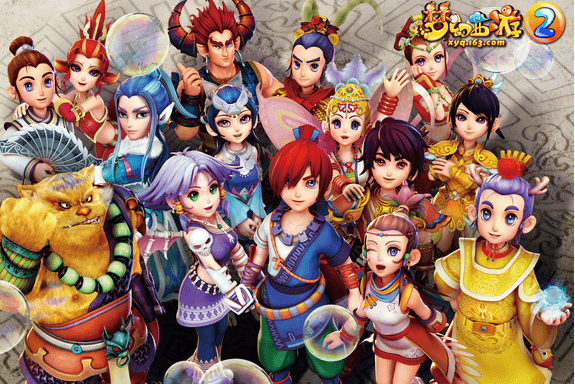[IP Law]Chinese tech giant Netease doesn't have gaming monopoly
Source: Netease
Chinese game developing company Netease has recently won anti-monopoly and copyright cases launched against the company at the Guangdong Higher People’s Court.
Chinese anti-monopoly law has been notoriously effective in certain cases in China, for example the Coca Cola Huiyuan case and the Qualcomm cases.
In the current case it does not see on a foreign company, but instead sees on the Chinese company Netease. Netease is the second game developing company in China, only having Tencent in front of it.
The decision in the anti-monopoly and copyright cases came at an interesting time, in the same year of Netease's public listing in HK, after already having secured a NASDAQ listing in 2000.
As the first anti-monopoly case in the gaming industry in China, this judgement is interesting to keep in mind for future references in this particular market in China.

Source: Netease
In the case the question was whether Netease with its game Fantasy Journey to the West had a dominant market position from which they could restrict or exclude competition. The court judges that this was not the case.
The court stated that the market for gaming is broader than just one game, even if that one game has a large following. The gaming market has to be seen in its total. As such Netease does not have a dominant market position.
Regarding copyright the court mentioned that copyright on games exist as its similar to ways of creating films. As the copyright law stipulates rights to copyright holders, including the right of broadcasting. It is Netease’s right to have this monopoly right to exclude others.
The space where IP laws meet anti-monopoly law will stay highly discussed in China. By nature, IP laws, give monopolies to the right holders, are the opposite of anti-monopoly law. These IP laws should clearly be the exception to anti-monopoly law. Nevertheless, in the current case, the Court states that there is no monopoly as there is no dominant market position. As such Netease may use its copyright exclusive rights and contracts etc. to restrict other companies from competition.
The above court considerations still show that Chinese courts would conclude differently in case a dominant market position would be assumed. As such, companies in China would need to be aware that anti-monopoly laws might be used against them and should have arguments ready regarding to which market should be considered to judge whether they have a dominant market position.
Even though the Guangdong Higher People’s Court judgements makes it clear how the anti-monopoly law should be used when conflicted with IP laws, the following is still clear: In China, IP laws are not the exception to anti-monopoly law.
Reinout van Malenstein
HFG Law&Intellectual Property



